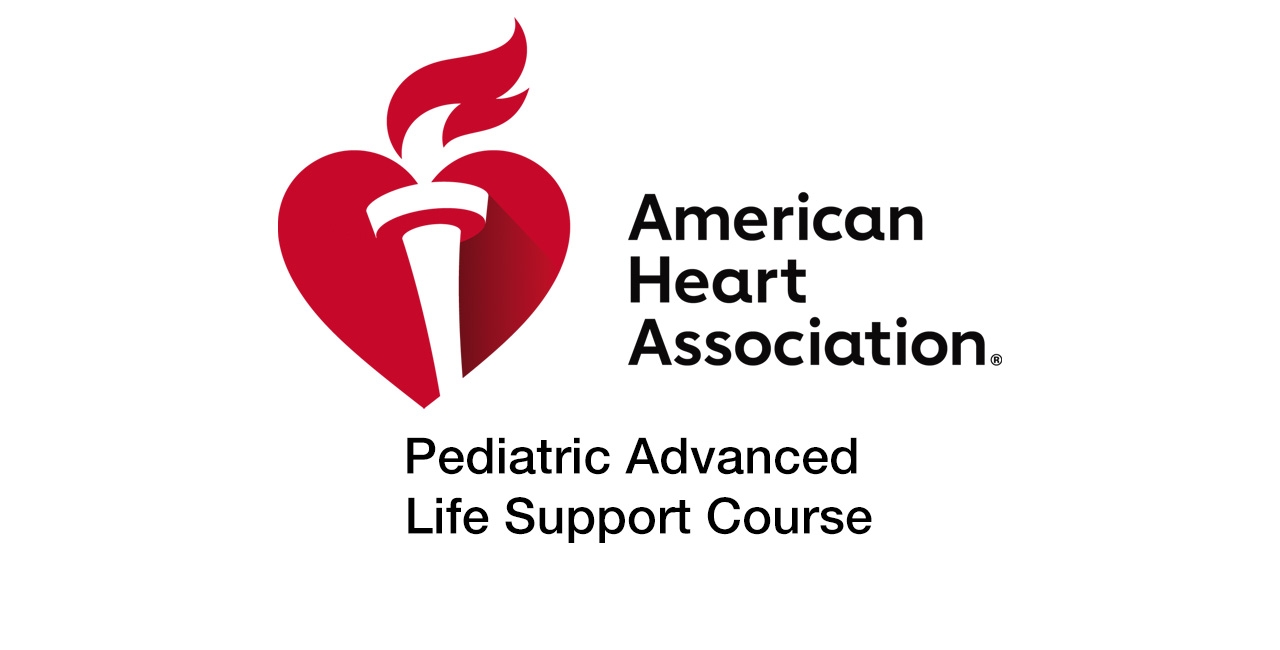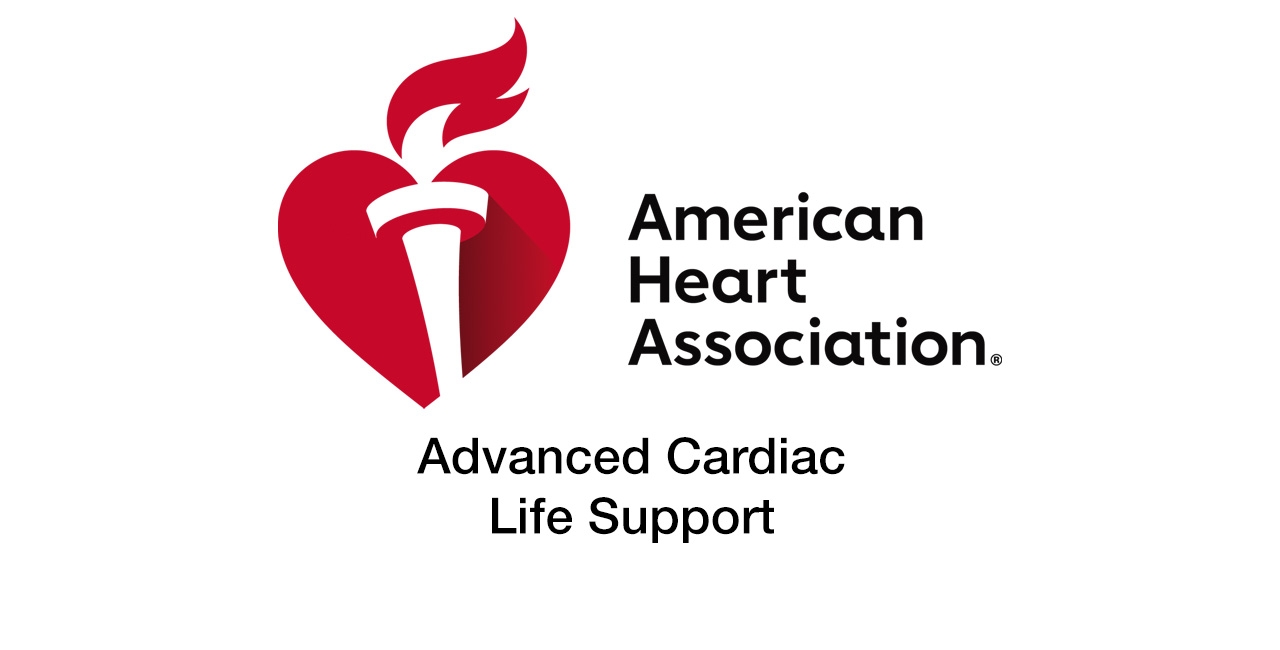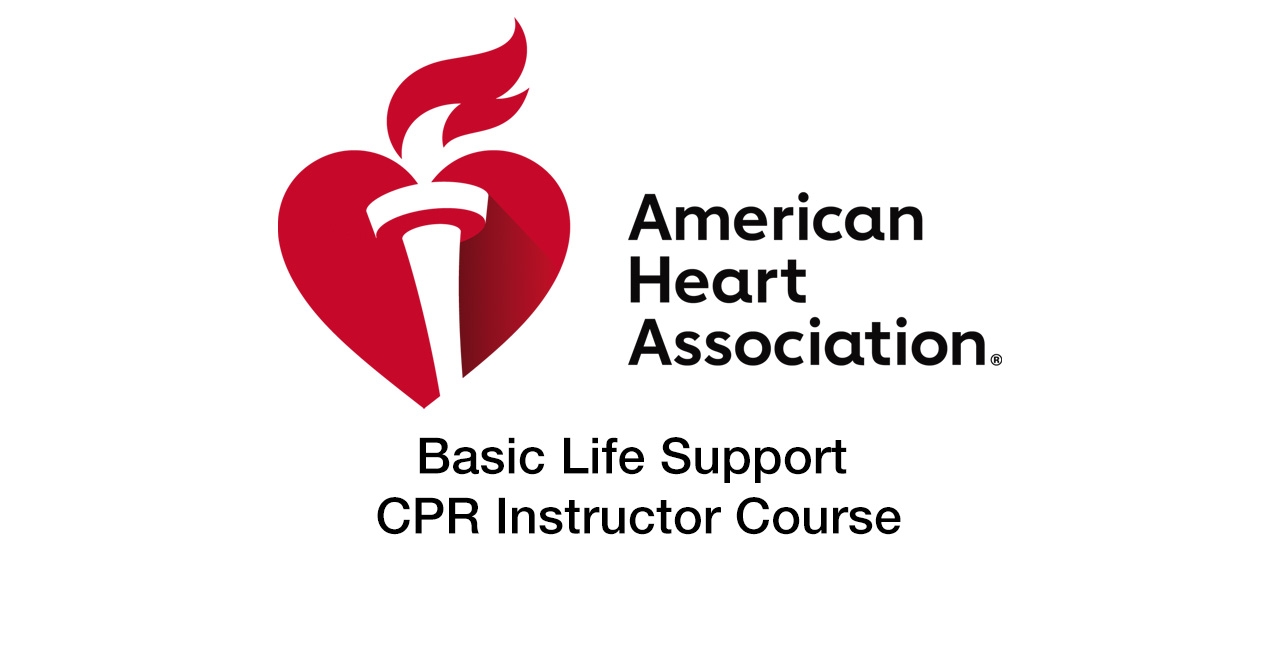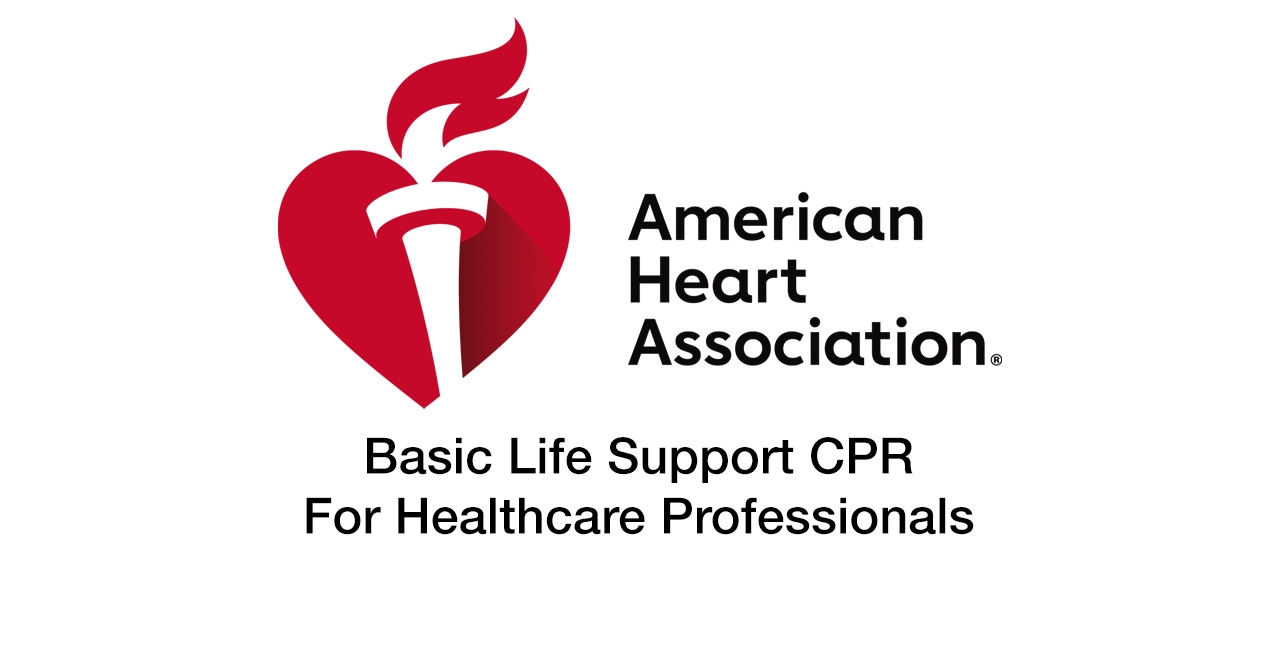The American Heart Association (AHA) Pediatric Advanced Life Support (PALS) course is specifically tailored for healthcare professionals responsible for the care of critically ill or injured children.
PALS provides participants with the necessary knowledge and skills to deliver advanced life support to pediatric patients across diverse healthcare environments, such as hospitals, emergency departments, and pediatric clinics.
Key components of the AHA PALS course include:
-
Pediatric Assessment: PALS participants learn how to conduct thorough assessments of pediatric patients, with a focus on recognizing and managing life-threatening conditions such as respiratory distress, shock, and cardiac arrest.
-
Airway Management: The course covers pediatric airway anatomy and the use of advanced airway devices for managing respiratory distress. Participants learn techniques such as endotracheal intubation and supraglottic airway device placement.
-
Pediatric Cardiac Rhythms: PALS emphasizes the interpretation of pediatric cardiac rhythms and the administration of medications to manage arrhythmias. Participants also practice defibrillation and cardioversion techniques.
-
Medication Administration: PALS training includes the administration of pediatric-specific medications, such as epinephrine, amiodarone, and adenosine, with a focus on accurate dosages and routes of administration.
-
Team Dynamics: Effective teamwork and communication are vital in pediatric emergencies. The course emphasizes the roles and responsibilities of team members during resuscitation and stabilization of pediatric patients.
-
Post-Cardiac Arrest Care: Participants learn the critical components of post-cardiac arrest care, including targeted temperature management and strategies for optimizing neurological outcomes.
-
Pediatric Trauma Care: PALS covers the assessment and management of pediatric trauma patients, with a focus on injury prevention and recognition of life-threatening injuries.
-
Simulation-Based Learning: The course incorporates realistic pediatric emergency scenarios that allow participants to practice their skills and decision-making in a controlled environment.
PALS is indispensable for healthcare professionals who may encounter critically ill or injured pediatric patients. It guarantees that these professionals are adequately equipped to administer advanced pediatric care, make crucial decisions, and initiate prompt interventions to enhance the outcomes of distressed pediatric patients.
To sum up, the AHA PALS course is an essential training regimen for healthcare providers dealing with pediatric patients. It furnishes them with specialized skills and knowledge necessary for delivering advanced life support and critical care to children, ultimately resulting in enhanced survival rates and improved outcomes for young patients facing critical circumstances.






